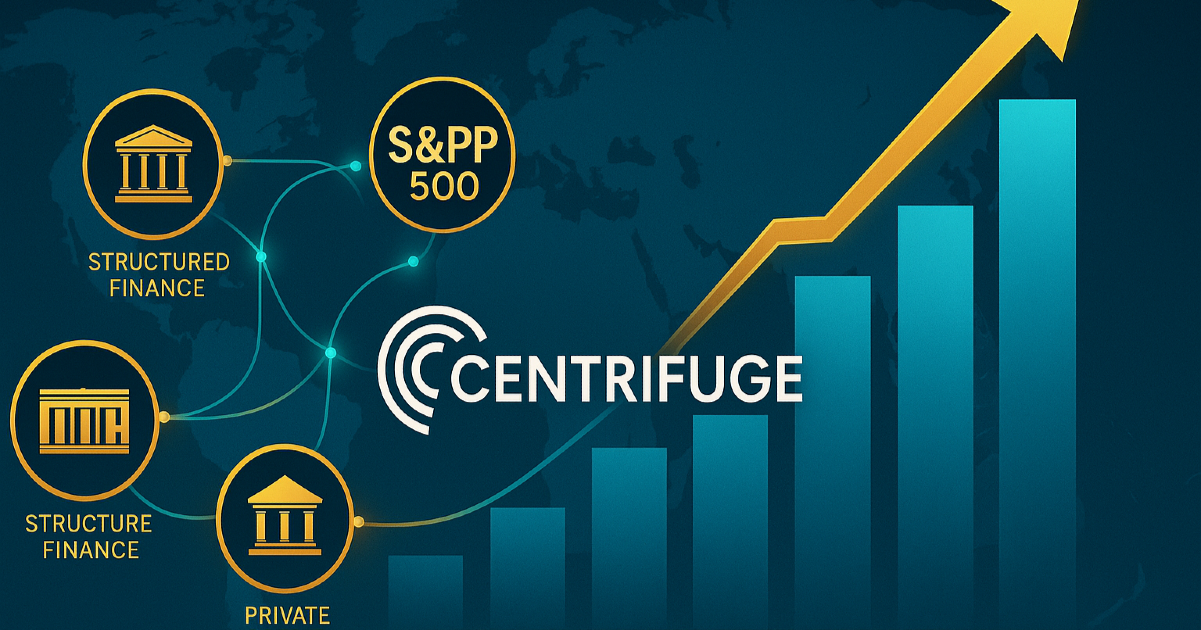Crypto-backed candidate John McGuire wins Virginia GOP primary, showing how digital asset advocacy is shaping U.S. politics.
A political race in Virginia has caught the attention of the crypto world. A crypto-backed candidate has secured a key victory in the Virginia Republican primary, highlighting a growing alliance between digital asset advocates and American politics.
This win shows how pro-crypto politics is moving from online forums into real ballots and winning.
A Win Funded by Crypto Supporters
The candidate, whose name is making waves in Washington, was openly supported by crypto PACs. These political action committees, such as Fairshake and others, raised funds from leading players in the blockchain world.
Millions of dollars flowed into advertising, outreach, and voter mobilization.
This wasn’t just a local race. It became a test case for crypto influence in U.S. politics.
Who Is This Candidate?
The winner is John McGuire, a Navy SEAL veteran and state senator, who has now clinched the Republican nomination for Virginia’s 5th Congressional District.
He defeated Bob Good, the incumbent and chair of the House Freedom Caucus.
McGuire openly aligned himself with crypto-positive values. He voiced support for
- Reduced regulatory pressure on blockchain businesses.
- Innovation in financial technology.
- The rights of citizens to use digital assets freely.
His campaign was boosted by pro-crypto donors and organizations that see blockchain as a force for freedom and economic growth.
Crypto PACs Are Changing the Game
One of the driving forces behind McGuire’s campaign was Fairshake, a crypto-focused Super PAC. They’re funded by big names like Coinbase, Andreessen Horowitz, Ripple, and others.
Fairshake has one mission: support political candidates who defend crypto freedom.
They don’t hide it. Their ads are clear, their messaging is focused, and their targets are strategic.
In this race, they spent over $1.8 million to oppose McGuire’s rival. That money went into TV ads, digital campaigns, and voter awareness tools.
And it worked.
Why Virginia Matters
Virginia’s 5th District is not a tech hub. It’s mostly rural and conservative.
But the crypto vote still played a role. This shows that digital assets are no longer just a coastal issue.
The message from McGuire’s win is loud and clear: crypto is now a national political issue, not just a Silicon Valley concern.
Democratization of Campaign Finance
Crypto-backed campaigns change who can fund political races.
Instead of relying on a few elite donors, crypto PACs collect small contributions from thousands of users. Many of these supporters are active in DeFi, NFTs, or Bitcoin communities.
It’s fast, borderless, and transparent. It mirrors the very nature of blockchain itself.
Supporters see this as the next wave of political participation, one that’s open-source, peer-driven, and permissionless.
A Preview of 2024 and Beyond
This win is just the beginning.
Crypto-focused political groups have already pledged to spend over $80 million in the 2024 election cycle.
Their aim? To elect leaders who understand blockchain technology, respect innovation, and resist harsh overregulation.
With McGuire's win, they now have a clear example to follow.
Not Everyone Is Happy
Bob Good, the defeated incumbent, criticized the outside money.
He said the election was “bought” and warned of tech giants trying to reshape rural politics.
Others voiced concern about letting financial technology shape campaign narratives. They fear that cryptocurrencywill drown out traditional grassroots campaigns.
Still, voters chose a new direction. And crypto was part of that story.
A Battle of Narratives
This race became a war of ideas.
McGuire’s campaign framed crypto as economic freedom, innovation, and job creation. His supporters said the current system punishes creativity and blocks progress.
Good’s side framed crypto as risky and unregulated. They leaned into the uncertainty many feel about digital assets.
In the end, the freedom narrative won.
A National Trend
Virginia isn’t alone.
Crypto-friendly candidates are popping up in Arizona, Ohio, and even parts of New York. They’re gaining traction with young voters, tech workers, and independent thinkers.
The crypto community is becoming a political bloc, and politicians are taking notice.
Why the Crypto Community Cares
For many in the blockchain world, politics used to be an afterthought. Now, it’s a front line.
They see regulations coming. They’ve watched the SEC sue companies left and right. They worry about innovation being driven offshore.
So they’re stepping in with wallets, votes, and a plan.
They want a government that supports
- Clear crypto regulation
- Tax clarity for digital assets
- Permissionless innovation
And they're willing to fund candidates who agree.
Crypto Voters Are Not a Meme
This election proves something important: crypto voters are real, active, and organized.
They don’t just trade. They campaign. They vote. They show up.
And they’re growing in number.
With over 50 million crypto users in the U.S., their voice is getting louder. Their influence is growing.
And if this trend continues, crypto could be a kingmaker in 2024.
Local Races, Global Stakes
What happens in a Virginia district may seem small. But in the world of policy, every seat matters.
With more crypto-friendly leaders in Congress, we could see:
- Faster adoption of CBDCs
- Smarter blockchain regulations
- Innovation incentives for startups
- Tech education programs for youth
It starts small but builds momentum.
Transparency and Trust in Funding
Crypto-backed campaigns often get labeled as shady or anonymous. But the reality is more transparent than most political finance.
Many donations are tracked on-chain. Tools like Etherscan can show who gave what, when, and how.
This is campaign funding with audit trails, something traditional donors rarely offer.
And that transparency may become a strength in the long run.
Final Thoughts: A Turning Point
McGuire’s win signals a turning point. Crypto has entered politics, and it’s here to stay.
Not just as a topic, but as a movement.
One powered by believers in decentralization, innovation, and digital freedom. One that spans age, race, party, and place.
As the 2024 elections draw closer, one thing is clear: crypto is no longer on the sidelines.
It’s on the ballot.






